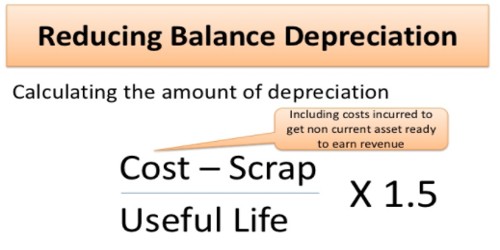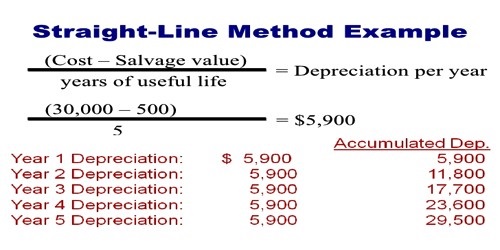
Identify factors that are relevant in determining the annual depreciation
The factors relevant in determining the annual depreciation for a depreciating asset are the initially recorded amount (cost), estimated salvage value, estimated useful life, and…


